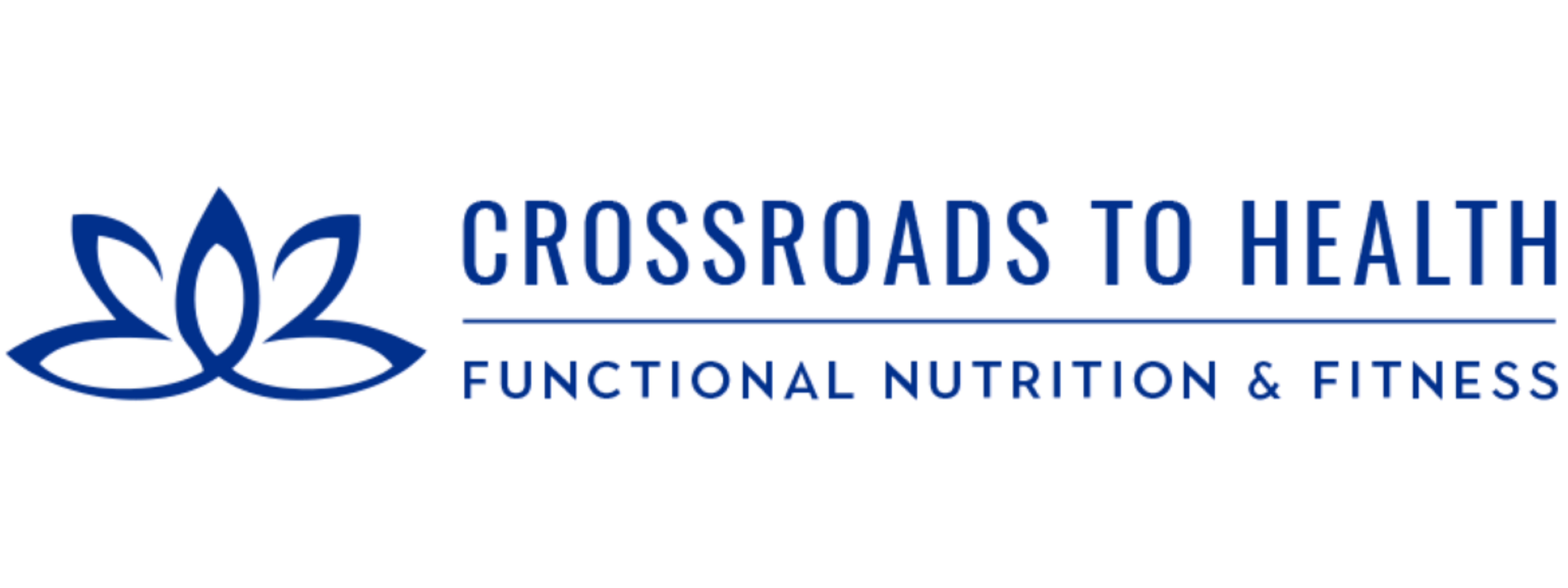Weight Loss Drugs-How They Work & Side Effects

The latest numbers show that 73 percent of adults in the U.S. are overweight or obese and almost half are trying to lose weight. Losing weight and keeping it off are no easy tasks. Making healthy lifestyle changes, and sustaining them for weeks, months, and years can be very difficult, especially if trying to do it on your own.
Choosing more nutritious foods in optimal amounts and increasing physical activity are wise moves for just about everyone’s physical and mental health. Losing 5-10 percent of weight helps to lower triglycerides, blood pressure, and blood sugar levels. However, even after implementing a healthier lifestyle, there may be a need to further reduce weight.
Now there are a number of weight loss drugs approved by the FDA for long-term use. They’re also known as “anti-obesity medications." These medications can provide some extra help and they’re meant to be used alongside healthy eating habits and regular physical activity because these medications aren’t as effective on their own.
This article discusses some of the basics of taking these drugs such as their benefits, how they work, their side effects, as well as some important nutrition strategies and the importance of weight training while on these medications.
How Anti-Obesity Drugs Work
According to the Obesity Medicine Association, “All weight loss medications work best in the context of a healthy eating plan and exercise." There are several different ways that these medications work. Most help you to feel less hungry, to feel fuller faster, and/or to reduce cravings. They do this by interacting with hormones (e.g., leptin, ghrelin), neurotransmitters (e.g., GABA, serotonin), and peptides (e.g., GLP-1) found in the brain, gut and fat tissue.
This physiological strategy works because when you feel less hungry, feel fuller faster, and have fewer cravings, it becomes easier to consume fewer calories, resulting in weight loss.
Medication Options
Semaglutide and tirzepatide are weekly injections. Semaglutide is a glucagon-like peptide-1 (GLP-1) receptor agonist meaning it stimulates GLP-1 and tirzepatide is a GLP-1 and GIP dual receptor agonist meaning it stimulates both glucose dependent insulinotropic polypeptide and GLP-1. They work by targeting areas of the brain that regulate appetite and food intake. The dosages start low and are gradually increased over the course of 16-20 weeks. The reason for starting with a lower dosage is to reduce side effects.
Liraglutide is a daily injection that acts on gut hormones to help feel fuller faster and to decrease hunger.
Common Side Effects of Weight Loss Medications
As with most drugs there are some side effects to be aware of. The most common side effects affect the digestive system, such as nausea, constipation, and diarrhea. Some people may also experience dry mouth, abdominal pain, vomiting, headaches, dizziness, nervousness, insomnia, and tiredness. As with any medication, there is a small chance of serious side effects.
Another common experience with anti-obesity medications is regaining some of the lost weight after stopping their use. This is the body’s natural metabolic response to weight loss—including weight loss with or without medications. This is partly due to a decrease in resting metabolic rate, as well as impacts to the hormones that make you feel hungry and full.
Nutrition Advice While Taking Medications
The most important thing to consider when taking any of these medications is to maintain a healthy eating plan which means that you’re getting all of the essential nutrients and eating the optimal quantities of food to help you reach your weight loss goals.
While there is no one-size-fits-all nutritional advice, there are some important nutritional guidelines to keep in mind when working toward losing weight.
Focus on highly nutritious, filling, fiber-rich foods like fruits, vegetables, and whole grains.
Maintain adequate protein to avoid muscle loss (1 gram protein per kilogram body weight, to get kilogram weight divide your weight by 2.2)
Minimize less nutritious foods (e.g., fried foods, or those high in sugar or salt)
Try not to skip many meals even if your appetite is reduced, this will help to decrease nutrient deficiencies
Choose water as your main beverage
Take a quality multivitamin
The Importance of Maintaining Muscle
It is known that GLP-1 medications contribute to muscle loss especially if one is not eating quality protein and strength training. Lifting weights is considered the best way to build or at least maintain muscle as you age and while taking weight loss drugs. Strength training also increases your basal metabolic rate (calories burned at rest) making it easier to lose weight.
Want support to create a nutrition and lifestyle program to make losing weight easier? Need personalized recommendations for recipes, meal plans, and other ways to ensure you’re getting all of the necessary nutrients in the optimal amount of food to reach your health goals? Book a complimentary discovery call with me today to see how you can benefit. Crossroads To Health offers both functional nutrition and fitness training.

